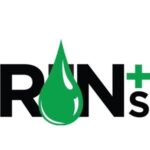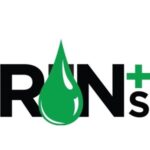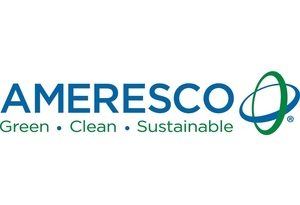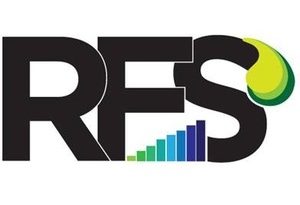EPA finalizes new RFS canola oil fuel pathways
Energy Disrupter
ADVERTISEMENT
The U.S. EPA on Dec. 1 released a final rule to create canola oil fuel pathways under the Renewable Fuel Standard for renewable diesel, jet fuel naphtha, liquified petroleum gas (LPG) and heating oil produced via a hydrotreating process. The agency first released a proposed rule to establish these fuel pathways in April 2022.
In the rule, the EPA said these fuel pathways meet the lifecycle greenhouse gas (GHG) emission reduction threshold of 50 percent required to generate D4 biomass-based diesel and D5 advanced biofuel renewable identification numbers (RINs) under the RFS. Based on that determination, the agency is adding the canola oil fuel pathways to the list of approved pathways in the RFS regulations, making them eligible to generate renewable identification numbers (RINs). The rule also amends RFS regulations by adding a new definition of “canola/rapeseed oil.”
Under the rule, renewable diesel, jet fuel and heating oil produced with canola are eligible to generate D4 RINs if they are produced through a hydrotreating process that does not co-process renewable biomass and petroleum, and for D5 RINs if they are produced through a process that does co-process renewable biomass and petroleum. Naphtha and LPG production from canola oil using a hydrotreating process are also be eligible to generate D5 RINs.
A fuel pathway for the production of biodiesel and heating oil produced from canola oil via a transesterification process is already approved for the generation of D4 biomass-based diesel RINs.
A full copy of the final rule is available on the EPA website.
















